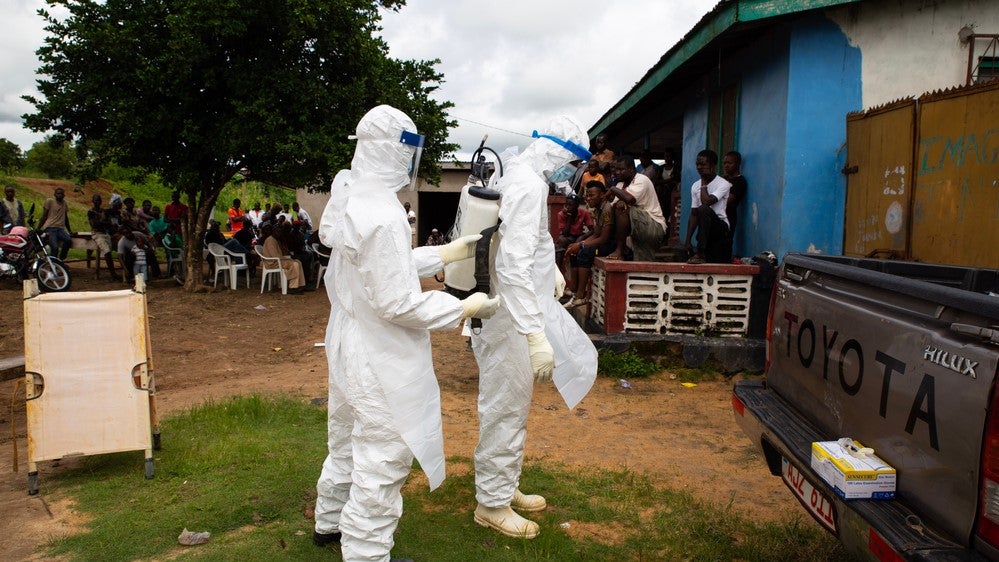
Emergent BioSolutions has won a ten-year contract worth up to $704m to develop Ebanga (ansuvimab-zykl), a treatment approved by the US Food and Drug Administration (FDA) for the Ebola virus disease (EVD).
The contract has been given by the Biomedical Advanced Research and Development Authority (BARDA), which is part of the Administration for Strategic Preparedness and Response (ASPR) within the US Department of Health and Human Services (HHS).
Following the news, Emergent’s share price increased by 14.68% premarket on 1 August, compared to the market close on the previous day. Emergent’s market cap is $392.99m.
Under the deal, Emergent will be responsible for the advanced development, manufacturing scale-up, and procurement of Ebanga, a monoclonal antibody.
Emergent has other prior relationships with the US Government.
In January 2023, the company was awarded a $379.6m contract by the US Department of Defense for the procurement of a reactive skin decontamination lotion kit, Supply RSDL, for the removal of the chemical warfare agent from the skin.
The ten-year contract is divided into two option periods, comprising one advanced development option valued at $121m, and the second procurement option valued at $583m over a five-year period.
The advanced development activities consist of the post-licence development of Ebanga, including technology transfer as part of scaling up manufacturing, submission of a supplemental biologics licence application to the FDA, and completion of stability studies.
In May 2023, Emergent sold its travel vaccine portfolio, which included vaccines for typhoid fever, cholera, and Chikungunya virus to Bavarian Nordic. Infectious diseases are a growing market, with GlobalData forecasting $150bn in global annual sales in 2029.
GlobalData is the parent company of Pharmaceutical Technology.
In the press release, Emergent senior VP Paul Williams said: “Emergent is proud to continue providing solutions to and partnering with the [US] government to strengthen the medical countermeasure infrastructure that enables the development, manufacture, and delivery of essential treatments for deadly diseases.”
